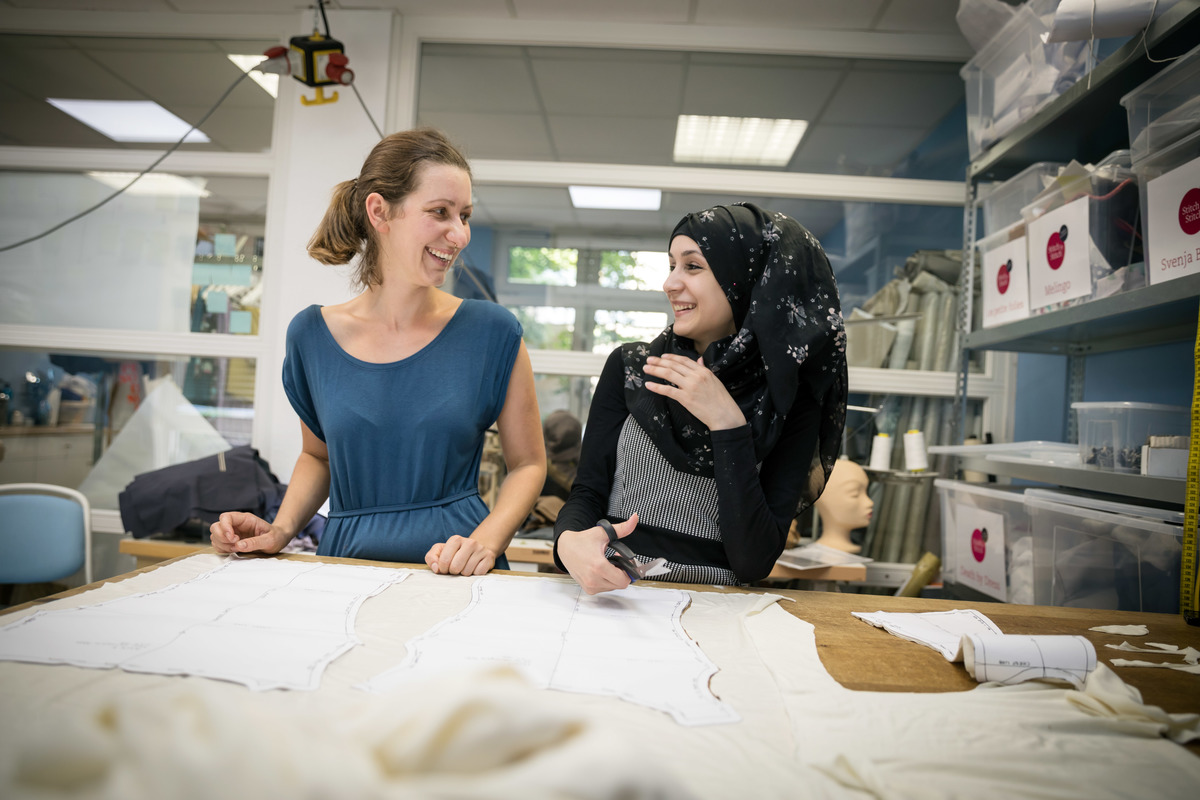Central, Eastern Europe aim to improve refugee status decisions
Central, Eastern Europe aim to improve refugee status decisions

BUDAPEST, Hungary, September 18 (UNHCR) - Would you be happy to sign legal documents you didn't fully understand? Would you like telling very personal information to someone whom you have never seen before? Would you be patient waiting for a life-changing decision about your future if you didn't even understand the process?
These are very real questions for asylum-seekers in Central and Eastern Europe every day.
Now Bulgaria, Hungary, Poland, Romania, Slovakia and Slovenia, along with Austria and Germany, have taken on the task of reviewing and enhancing the quality of their refugee status determination systems.
Under a Quality Initiative launched Wednesday in Budapest, the eight countries aim to improve the entire process between the arrival of the asylum-seeker and the final status decision, including training of asylum officers. Not only the decision-making, but the actual decision-writing is to be sharpened.
"A decision should be like a story that anyone could pick up and read," says former Canadian refugee law judge Michael Ross, now UNHCR's Budapest-based Regional Co-ordinator of the Asylum Systems Quality Assurance and Evaluation project also knows as the Quality Initiative.
"It should contain what the asylum-seeker said, the objective facts about the asylum-seeker's country of origin, as well as citations of the relevant law. Its conclusion should proceed logically from the analysis of these elements. And most importantly, each decision should be written keeping in mind that the decision maker bears the heavy responsibility of deciding the future of an individual human being."
The project, initiated by the UNHCR Regional Representation in Budapest with funding support from the European Commission, will review and develop refugee status decision-making in the eight countries. The results of the project are expected to help the harmonisation of EU asylum legislation with a view to creating a common European asylum system by 2012.
In each country, one National Evaluator recruited by UNHCR will sit in and observe asylum interviews and monitor decisions until February 2010. Government asylum agencies are also to be trained to continue quality auditing once this project finishes.
This week in Budapest, the National Evaluators are meeting with UNHCR protection officers and government counterparts to learn from experts representing the United Kingdom, Austria and Germany about other Quality Initiatives.
UNHCR has found in Central and Eastern Europe that asylum-seekers often do not get sufficient written or verbal information about the asylum process. Or they may receive it in writing beforehand, but in a language they do not understand. In some countries interpreters summarise what an asylum-seeker says instead of providing a verbatim translation.
Such missing elements in the pre-hearing and hearing phases can lead to poor asylum decisions, rejections and lost appeals, with asylum-seekers condemned to months of frustration and anxiety about their future.
"Europe is alive with all sorts of quality improvement projects in the field of asylum," says Ross. "In our project we will try to build on these, borrow best practices and work in a co-operative way. We will do everything we can to achieve systems of decision making that are better, more consistent and serve refugees in a fair and balanced way."
By Andrea Szobolits in Budapest, Hungary









